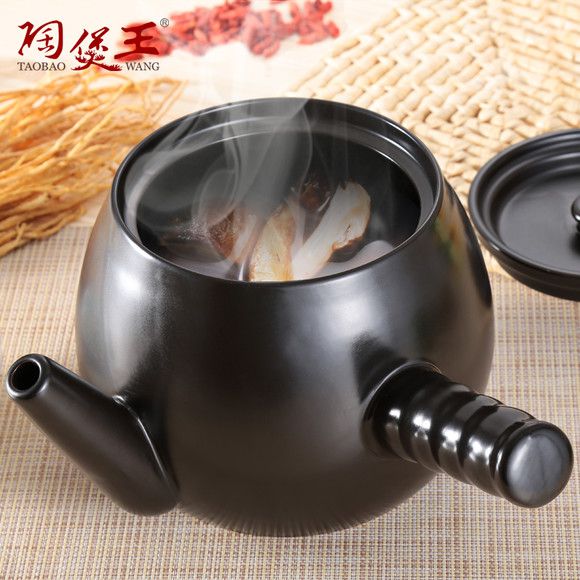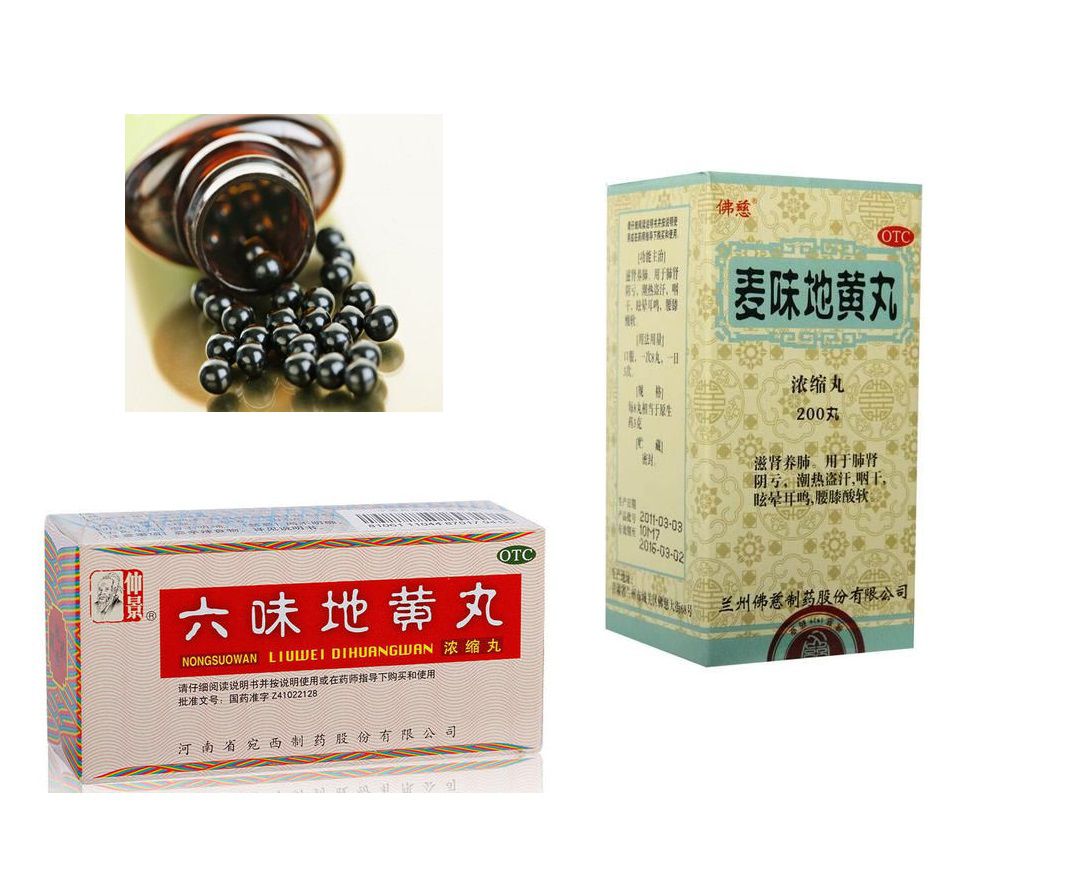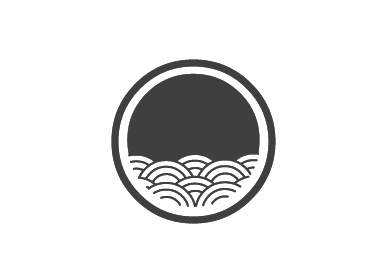Traditonal Chinese Medicine
Chinese Medicine (CM) has had a history of several thousand years. It is the crystallization of the rich experiences in the Chinese people’s long struggle against diseases. The many years have fostered the gradual formation of a unique and systematic medical theory. It is an important component of the people’s cultural legacy, and it has made enormous contributions to the Chinese and Asian people’s healthcare and prosperity. Because of its unique Oriental characteristics and remarkable therapeutic effects, Chinese Medicine enjoys not only a high reputation but has also been spreading to the wider world. It will play an increasing role in promoting the health and wellbeing, as well as the longevity, of humankind.
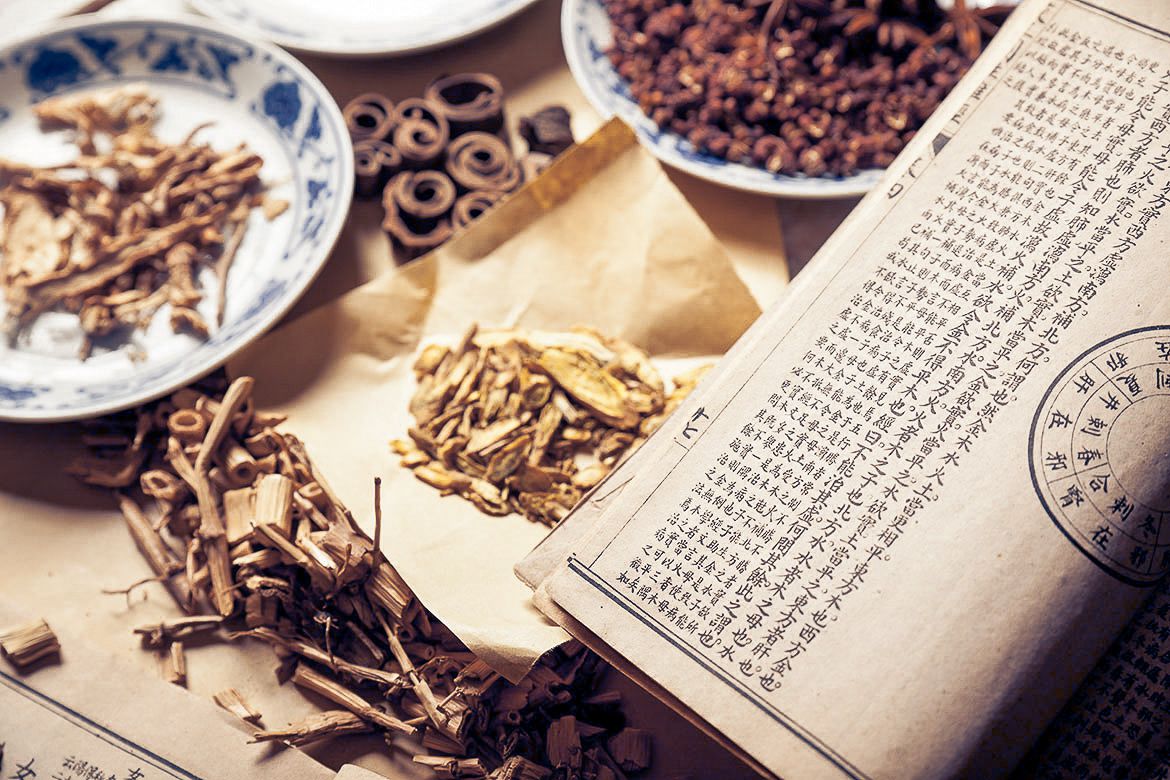
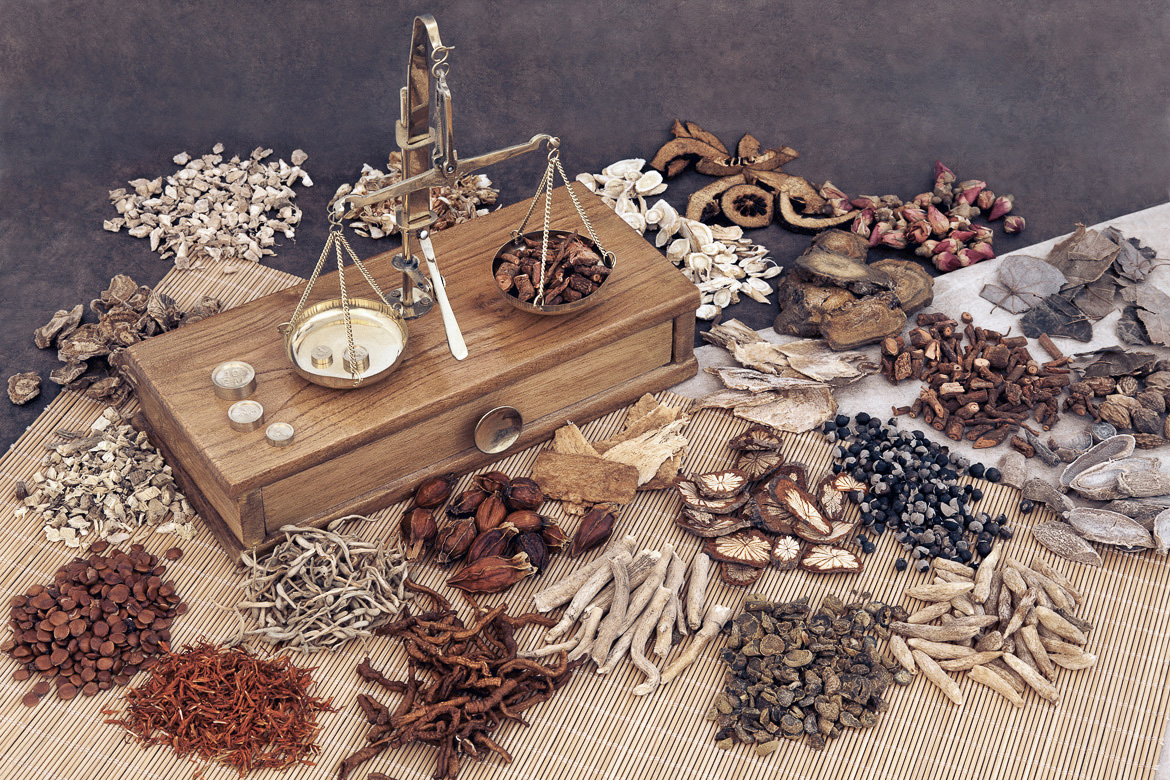
The Advantages of Chinese Medicine
- Treat the Root of Diseases
The underlying principal of Traditional Chinese Medicine is to seek the truth and understand the nature of the disease and its implications. Traditional Chinese Medicine focuses on finding the lesion site, the symptom manifestation site, and assesses the overall effect of the disease on the entire body. Once fully understood, the treatment plan includes treatment on the lesion site, specific symptoms but also works to strengthen and improve the overall function of the entire body to prevent future re-occurrences.
2. Systematic Thinking
Traditional Chinese Medicine regards the internal organs of the human body as an organic whole. At the same time, Traditional Chinese medicine considers the seasonal changes, local conditions, the surrounding environment and other factors that have different degrees of influence on human physiology and pathology. Traditional Chinese Medicine emphasizes the internal unity of the human body and focuses on the interactions and connections between different parts of the body.
3.Dialectical, individualized and specialized treatment/prescription
Traditional Chinese medicine stresses that the treatment of disease should be based on the time and place of contraction, human and external conditions. It is necessary to comprehensively understand and analyze the condition entirely and to not overlook the symptoms locally on the lesion and contraction areas of the body. The advantages of assessment of the body entirely as well as timely tracking of the patient’s condition leads to an individualized treatment plan that’s tailored to the patient’s needs. Prescriptions are prescribed based on the patient’s symptoms, health conditions, and background to reach maximum effectiveness in a timely manner.
4. Preventative disease treatment
The best way to fix any problem is to not have the problem in the first place. As such, Traditional Chinese Medicine focuses heavily on preventative care to prevent the problem from happening all together. Practitioner’s often pay lots of attention to the patients’ health consistently to maintain a healthy lifestyle rather than waiting until the problem arises. A lot of people nowadays lead rather unhealthy lifestyles due to the nature of their work or needs of the family. This causes an imbalance in the body and slowly but surely, the health of the body deteriorates. People tend to only see the doctor when they feel a problem and it’s already too late. Traditional Chinese Medicine is not only a means to treat disease, but rather promotes and consistently maintains a healthy lifestyle to invigorate the body’s own physical defences to prevent occurrences of any pathogens and diseases.
5.Food and Dietary care
As the saying goes, “The disease is from the mouth”. This slogan profoundly reveals the close relationship between eating and drinking and human health. Unreasonable and unhealthy eating will not only cause many refractory diseases such as high blood pressure, cancer, obesity, heart disease, but also increase pain, affect work and study, and shortens life expectancy. A reasonable diet can not only improve physical fitness, but also maintain the wellbeing of the body. Medicated diets under the guidance of qualified practitioners can help to prevent and treat many occurrences of pathogens and diseases. Traditional Chinese medicine divides foods into five different flavour characteristics: sour, bitter, sweet, spicy and salty. In addition, foods are also categorized into cold and hot foods. Each of these characteristics has numerous implications on the different parts of the human body. Through selection and balances of different characteristics and categories of food, patients can experience a thorough improvement of their dietary plans and notice an upgrade in their quality of life and health.
